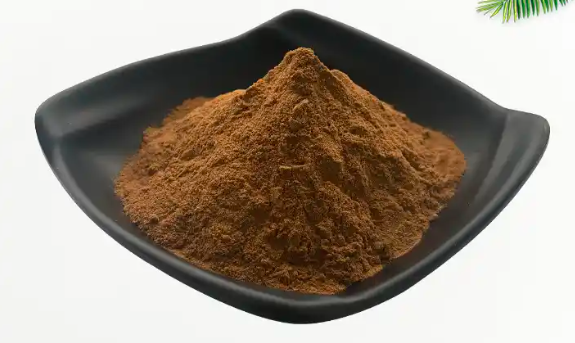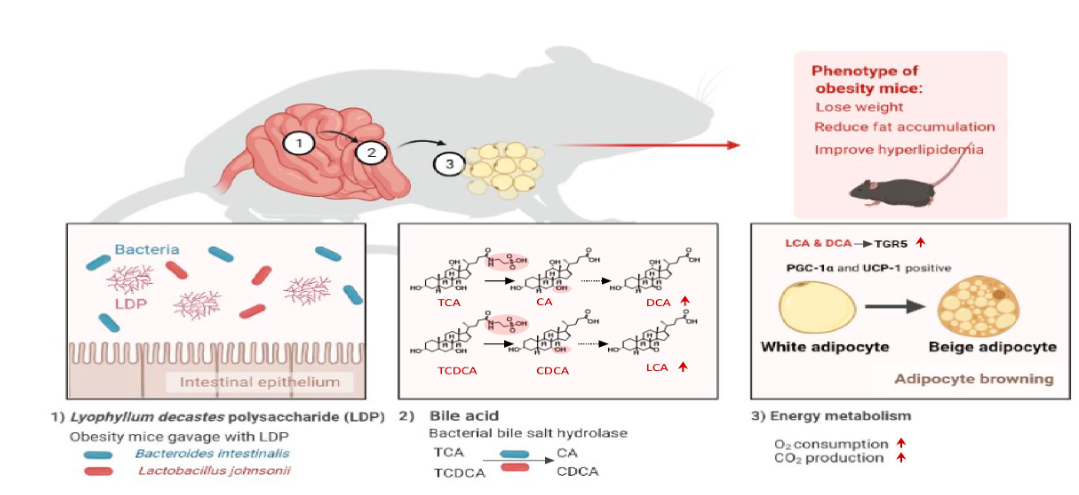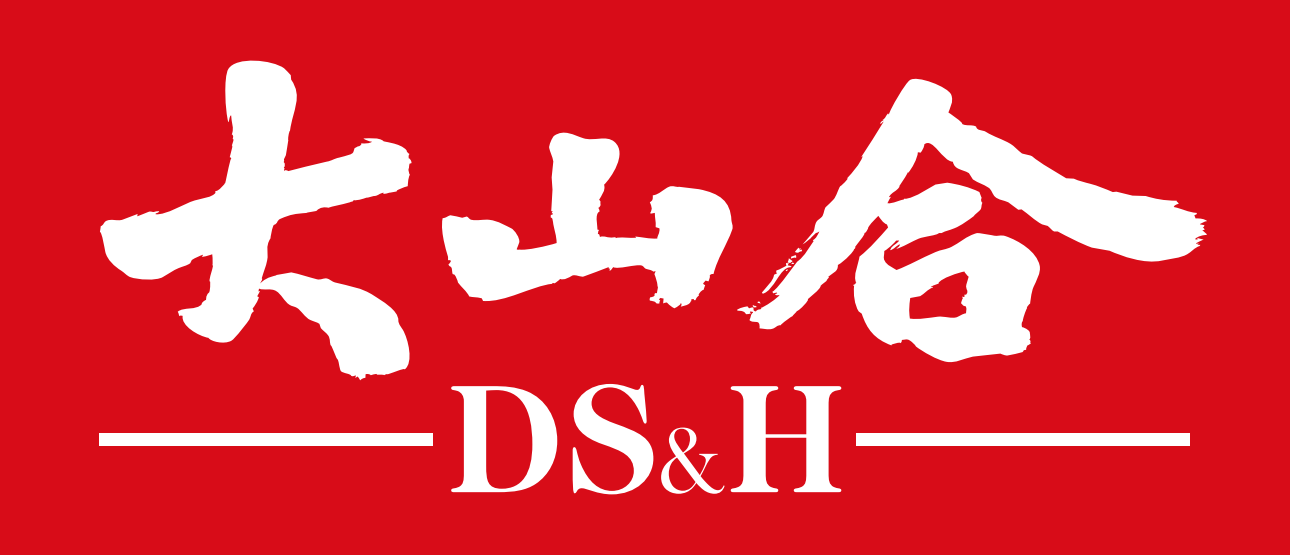
The Science of Mushroom Polysaccharides: Nature’s Golden Key to Immune Health
2025-06-09 20:39For millennia, mushrooms like reishi, shiitake, and turkey tail have been revered in traditional Chinese medicine as "elixirs of immortality." Today, cutting-edge science reveals these fungi owe their legendary status largely to mushroom polysaccharides—complex carbohydrates that act as master regulators of our immune defenses. With over 5,200+ published studies exploring their mechanisms, these compounds represent one of nature’s most sophisticated immune-modulating tools.
What Exactly Are Mushroom Polysaccharides?
Polysaccharides are long-chain carbohydrates found abundantly in fungal cell walls. The most researched are beta-D-glucans, polymers with unique helical structures that our immune systems recognize as "non-self" signals. Unlike plant polysaccharides, mushroom-derived beta-glucans feature β-(1,3)- and β-(1,6)-glycosidic linkages, making them exceptionally bioactive.
Key sources:
Reishi (Ganoderma lucidum): Rich in heteropolysaccharides bound to proteins
Shiitake (Lentinula edodes): High in lentinan (β-1,3-glucan)
Turkey Tail (Trametes versicolor): Contains PSP and PSK proteoglycans
Maitake (Grifola frondosa): Source of grifolan and D-fraction
Extraction matters: Bioavailability depends on breaking chitin (fungal fiber) through hot water extraction or enzymatic hydrolysis. High-quality supplements disclose extraction ratios (e.g., 8:1 concentrate) and beta-glucan content (>30%).
The Immune Activation Pathway: How Mushroom Polysaccharides Work
Mushroom polysaccharides don’t simply "boost" immunity—they orchestrate a precise immune response by interacting with specialized receptors:
Pattern Recognition Receptors (PRRs) on macrophages and dendritic cells bind beta-glucans, triggering:
Phagocytosis of pathogens
Release of cytokines (IL-1β, TNF-α, IL-6)
Enhanced antigen presentation
Dectin-1 Receptor Activation directly stimulates:
Natural Killer (NK) cell cytotoxicity against infected/cancer cells
Neutrophil oxidative bursts against invaders
Gut-Immune Crosstalk: Up to 70% of polysaccharides reach the colon intact, acting as prebiotics to nourish Bifidobacterium and Lactobacillus species. This fermentation produces short-chain fatty acids (SCFAs) that regulate inflammation through T-reg cells.
A 2021 meta-analysis in Nature Immunology confirmed beta-glucans increase:
✅ NK cell activity by 32%
✅ Phagocytosis rates by 41%
✅ Serum immunoglobulin (IgA, IgG) levels by 29%

Evidence-Based Benefits: From Labs to Clinical Practice
◼ Respiratory Defense (Human Trial, 2023)
A double-blind study gave 150 elderly subjects either 500mg/day reishi polysaccharides or placebo for 8 weeks. The polysaccharide group experienced:
27% fewer upper respiratory infections
2.8x higher CD4+/CD8+ T-cell ratios
Reduced pro-inflammatory IL-8 by 19%
◼ Cancer Support (JAMA Oncology Review, 2022)
PSK (polysaccharide-K from turkey tail) improved outcomes in cancer patients:
Increased 5-year survival by 18.7% in gastric cancer patients post-surgery
Reduced chemotherapy-induced leukopenia by 33%
Synergized with PD-1 inhibitors in melanoma models
◼ Gut Barrier Integrity (Gut Microbes Journal, 2020)
Maitake D-fraction restored intestinal tight junction proteins (occludin, ZO-1) in colitis models, reducing endotoxemia by 67%.

Choosing Effective Mushroom Products
Not all supplements deliver results. Prioritize products with:
🔬 3rd-Party Testing: Validating beta-glucan content and heavy metal safety
⚗️ Dual-Extraction: Water (for polysaccharides) + alcohol (for triterpenes)
🌱 Full-Spectrum: Whole-fruitbody extracts retain synergistic compounds
Dosing Guidance:
Maintenance: 250-500mg mushroom polysaccharides daily
Therapeutic: 1,000-1,500mg daily (under practitioner guidance)
The Future: Where Science Is Heading
Emerging research explores:
Personalized immunonutrition: Using polysaccharide profiles to modulate specific immune subsets
Vaccine adjuvants: Beta-glucans enhance antibody responses to influenza shots in trials
Neuroinflammation: Lion’s mane polysaccharides stimulating NGF synthesis for brain health
As mycologist Paul Stamets notes: "Fungi offer a pharmacopeia of molecules that reboot our immune software." With antibiotic resistance rising and chronic inflammation driving 50% of global deaths, mushroom polysaccharides represent a convergence of ancient wisdom and modern science—proving nature’s most potent medicines often grow silently in the forest’s shade.
References
Wasser SP. (2017). Medicinal Mushroom Science. International Journal of Medicinal Mushrooms.
Vetvicka V, Vannucci L. (2021). Beta-Glucans: Multi-Functional Immune Modulators. Biomolecules.
Oba K et al. (2022). PSK and Cancer Outcomes. JAMA Oncology.
Rossi P et al. (2023). Reishi Polysaccharides and Respiratory Immunity. Frontiers in Pharmacology.
